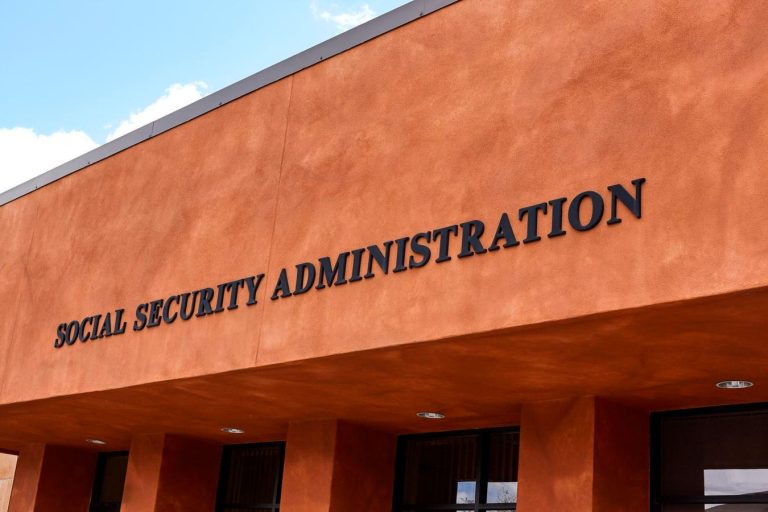In late 2024 just before the end of its session, Congress passed the Social Security Fairness Act. The president signed the act into law in early January.
The law repealed two provisions that were created in the 1983 Social Security reforms, the government pension offset and windfall elimination provision, and will retroactively increase Social Security benefits for a number of people who qualify for or receive pensions from state and local governments or some other employers.
In 1983 when examining Social Security and considering ways to extend its solvency, analysts determined that under the rules in effect since the beginning of Social Security, workers who spent part of their careers in private sector jobs covered by Social Security and part in state and local government jobs that weren’t covered by Social Security were receiving inflated Social Security benefits.
Social Security benefit calculations are skewed in favor of low-earning workers. Workers with lower earnings receive a higher percentage of their earnings as Social Security retirement benefits than workers with higher career earnings.
Lower-earning workers can receive retirement benefits equal to about 90% of their compensation while benefits for higher earners can be 15% or less of income. The average Social Security retirement benefit is about 40% of earnings.
Before the 1983 reforms, benefit calculation assumed someone worked their entire career in jobs covered by Social Security.
But state and local governments, nonprofit organizations, and some other employers were able to opt out of Social Security if they provided their employees with retirement benefits.
Many people work part of their careers in jobs covered by Social Security and part in non-covered jobs, such as for state and local governments.
The analysts discovered that these workers received pensions from their non-covered jobs. Yet, their Social Security benefits were calculated assuming their jobs covered by Social Security were their only jobs and Social Security was their only retirement benefit.
Congress concluded that these workers were receiving Social Security retirement benefits higher than intended and that didn’t account for the pensions received from their non-covered jobs. So, it created the government pension offset and windfall elimination provision.
Last year, Congress decided to repeal those provisions and retroactively increase the benefits of people who were affected by them.
The change will cause the Social Security trust fund to be depleted faster than previously estimated and increase the amount of benefits paid by the system each year.
Of course, the workers affected will receive higher benefits. Some who have been receiving benefits will receive lump sum payments of retroactive benefit increases.
The Social Security Administration said recently that it could take more than a year to adjust current benefit payments and pay the retroactive benefits.
SSA says the adjustments are complex and its systems require a case-by-case analysis with much of the work done manually. The law didn’t provide additional funding for staffing or for the benefit payments. About three million people are estimated to be affected by the changes.
The change affects only people who worked in jobs covered by Social Security and also are eligible for pensions from jobs that weren’t covered by Social Security (they didn’t pay Social Security taxes).
The SSA published online some details of the transition in a question-and-answer format. The webpage is updated as the SSA has new information.
Anyone who is affected or thinks they might be affected by the new law should visit the webpage to learn what, if anything, they should do now and expect in the future. They should revisit the webpage regularly to determine if new information has been published.
Read the full article here








